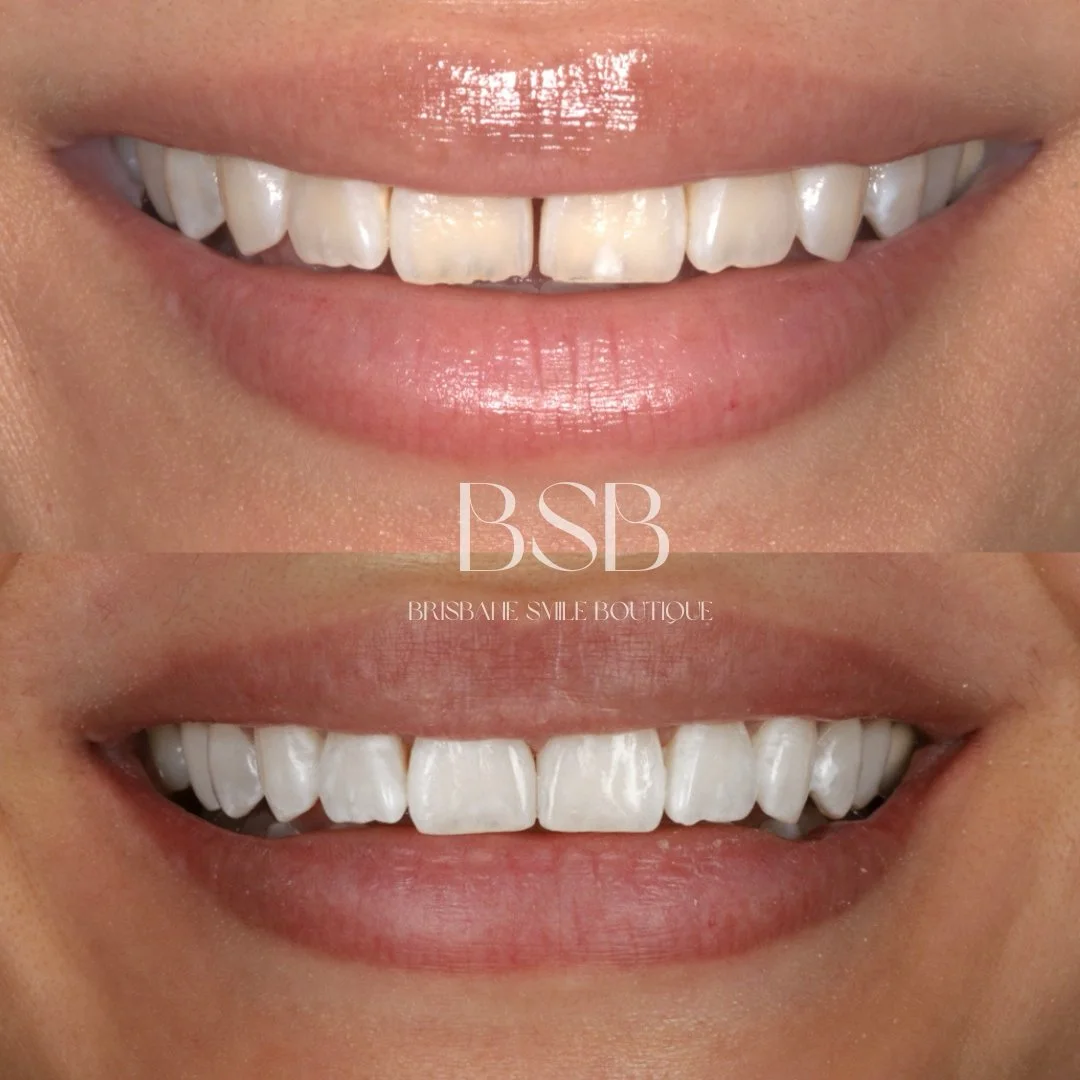Composite Resin Restorations.
Composite resins are an approach to repairing broken teeth and cavities caused by tooth decay to look natural, match to the remaining teeth and restore health. Resin can be a good filling material when there is enough tooth structure to support it, but may wear out after about 5 years, and is technique sensitive.
Shape Your Smile.
Preserve Your Tooth
Composite resin, often referred to simply as "composite," is a tooth-coloured dental material used for a variety of dental procedures, particularly for restorative and cosmetic purposes. It is a synthetic material that consists of a mixture of plastic resin and finely ground glass or ceramic particles. This combination of materials results in a durable and aesthetically pleasing dental restorative material.
Expertise in Tooth Bonding.
-
Composite resin is commonly used for the following dental procedures:
Dental Fillings: Composite fillings are used to repair cavities (dental caries). They are a popular alternative to traditional amalgam (silver) fillings because they can be color-matched to the patient's natural tooth shade, making them less noticeable.
Dental Bonding: Dental bonding involves applying composite resin to the surface of a tooth to repair minor imperfections, such as chips, cracks, or discolorations. It is a minimally invasive and cost-effective cosmetic procedure.
Veneers: Composite veneers are thin shells of composite resin that are custom-made and bonded to the front surfaces of teeth to improve their appearance. They can be used to enhance the shape, size, and color of teeth.
Dental Crown Repair: Composite resin can be used to repair or build up a damaged dental crown, making it look and function like new.
Gap Closure: Composite resin can be used to close small gaps or spaces between teeth, providing a more uniform smile.
Tooth Sculpting: Dentists can use composite resin to reshape and contour teeth, creating a more aesthetically pleasing and balanced appearance.
-
One of the advantages of composite resin is its ability to mimic the natural appearance of teeth. Dentists can precisely shade and shape the material to match the patient's existing teeth, making it a popular choice for cosmetic dentistry procedures. Additionally, composite resin bonds well to tooth structure and requires less removal of healthy tooth material compared to amalgam fillings, which is beneficial for preserving tooth structure.
-
However, composite resin may not be as durable as some other dental materials, such as dental ceramics or metals, and it can be more prone to staining or wear over time. The longevity of composite restorations can vary depending on the location in the mouth and the patient's oral hygiene practices.
-
The longevity of composite resin fillings can vary depending on several factors, including the size and location of the filling, your oral hygiene practices, and your overall dental health. On average, composite resin fillings can last anywhere from 5 to 15 years or more. Here are some factors that can influence the lifespan of composite resin fillings:
Size of the Filling: Smaller fillings tend to last longer than larger ones. Large fillings are more prone to wear and stress, which can lead to cracks and failures over time.
Location in the Mouth: Fillings in areas that experience a lot of chewing and biting forces, such as molars, may wear down faster than fillings in less-stressful areas.
Oral Hygiene: Good oral hygiene practices, including regular brushing, flossing, and dental check-ups, can help extend the life of composite resin fillings by preventing decay and gum disease.
Diet: A diet high in sugary and acidic foods can contribute to the breakdown of fillings and the development of new cavities.
Teeth Grinding (Bruxism): Individuals who grind their teeth may experience more wear and tear on their fillings, potentially reducing their lifespan.
Dental Care and Materials Used: The skill of the dentist placing the filling and the quality of the materials used can also impact the longevity of composite resin fillings.
Overall Dental Health: The presence of other dental issues, such as gum disease or tooth decay, can affect the lifespan of fillings.
It's important to note that composite resin fillings are generally considered less durable than amalgam (silver) fillings, which may last longer but are more noticeable in the mouth. However, many patients prefer composite resin fillings because they can be colour-matched to the natural teeth, providing a more aesthetically pleasing option.
With over 25 years of refined skill in aesthetic and restorative dentistry, Dr Leila Haywood brings exceptional artistry and precision to tooth bonding at Brisbane Smile Boutique.Her expert touch transforms chipped, discoloured or misshapen teeth using high‑quality composite resin that blends seamlessly with your natural smile. Each bonding treatment is thoughtfully planned—balancing strength, colour match, and facial harmony—to deliver results that are as durable as they are beautiful. Under her care, you can expect gentle technique, outstanding aesthetics, and a smile you’ll feel proud to share.
After Care for Tooth Bonding.
After your tooth bonding at Brisbane Smile Boutique with Alex Forbes and Dr Leila Haywood, regular dental checks are essential to keep your new smile looking its best. During these visits, Alex or Dr Leila will inspect the bonded areas for any signs of wear, chips, or stain accumulation, and perform professional cleaning and polishing to maintain the smooth, natural finish. With consistent preventive care, including gentle oral hygiene at home and avoiding habits that stress or stain the resin, you’ll protect the bonding margins and help your enhanced smile last beautifully for years to come.
Brisbane Smile Boutique has been redefining Aesthetic Dentistry since 2003.
With a Lifetime of trusted Expertise, our Aesthetic Dentists create Exceptional Smiles with Precision, Artistry, and Care.
Get In Touch
Your smile matters to us.
Reach out through the form for expert advice or to schedule a consultation.
If you would like, Upload a smile photo to help us understand your goals.
We are here to understand and support your goals.
A Smile Makeover at Brisbane Smile Boutique is a personalised, multi treatment approach to transforming your Smile.
Our Experienced Cosmetic Dentists combine techniques such as Teeth Whitening, Porcelain Veneers, Crowns, Invisalign, Implants, and Tooth Bonding to suit your unique facial features and Smile goals.





































